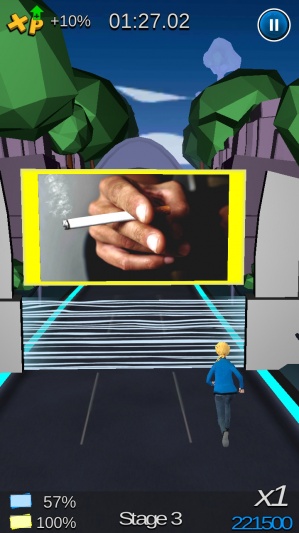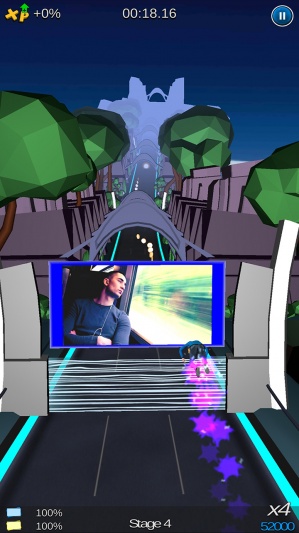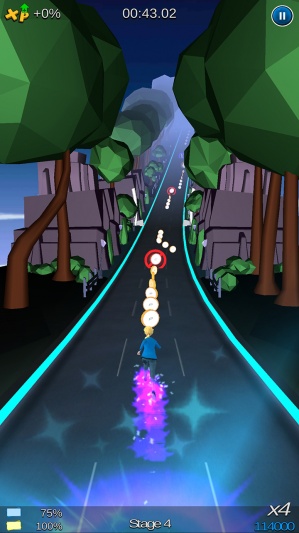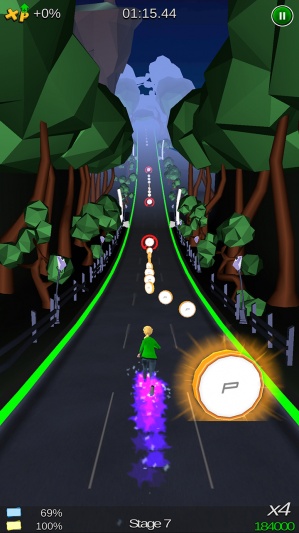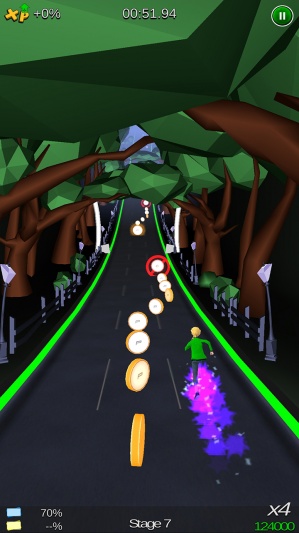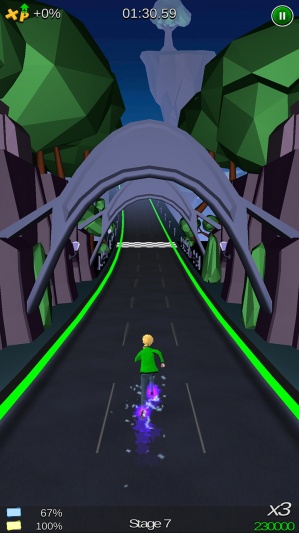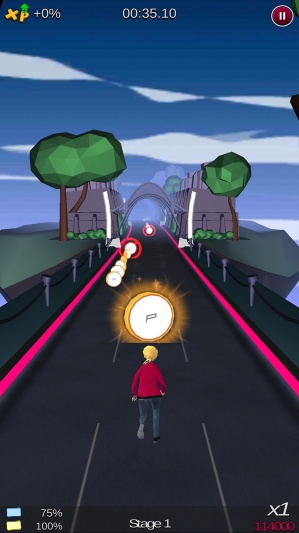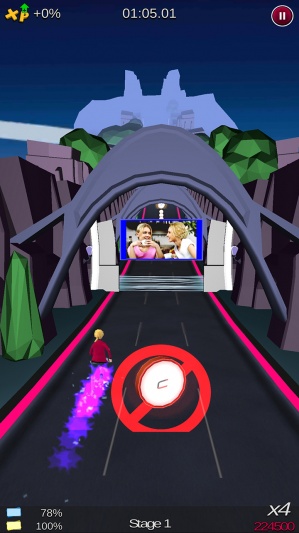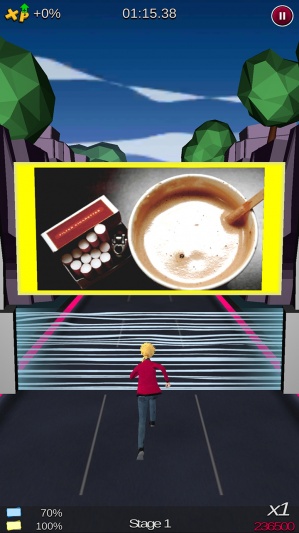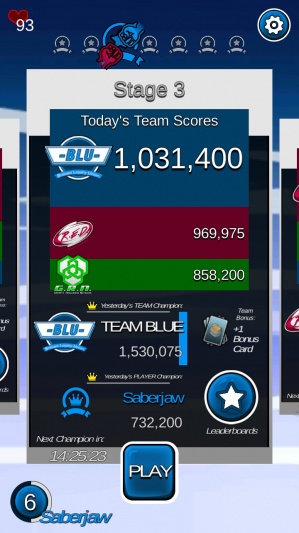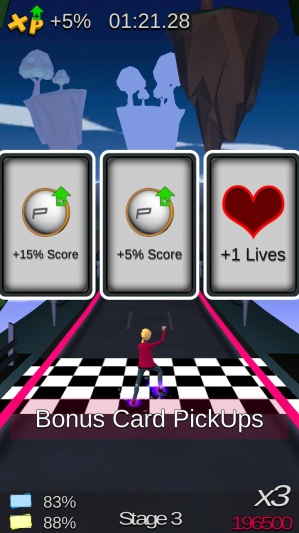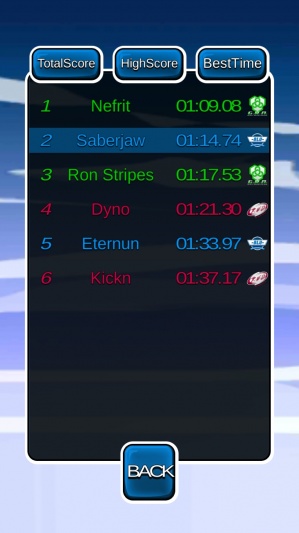about the game
Smoke less, Play more!
Several causal factors serve as potential key targets for an intervention amongst addiction in adolescents. The Smoking Cessation project wanted to focus on impulsivity through inhibitory control, the valuation of stimuli, and the influence of social networks.
A Go/NoGo task is commonly used to measure the degree of inhibitory control - press a button when a Go stimuli is shown and withhold that response when a NoGo stimulus is presented...
Hit-n-Run aimed to test and encourage alternative behavior practices among adolescents before they developed habitual smoking habits. The design specification required the game to be used in a one month intervention study, with a three month follow up evaluation.


Related Publications
-
Mechanisms of Change in a Go/No-Go Training Game for Young Adult Smokers
Scholten, H., Luijten, M., Poppelaars, A., Johnson-Glenberg, M. C., & Granic, I. (2021). Health Psychology, 40(12), 998-1008. https://doi.org/10.1037/hea0001068
Author: Hanneke Scholten
Upload date: 07-01-2021
-
A Randomized Controlled Trial to Test the Effectiveness of a Peer-Based Social Mobile Game Intervention to Reduce Smoking in Youth
Scholten, H., Luijten, M., & Granic, I. (2019). Development and Psychopathology, 31, 1923-1943. doi: 10.1017/S0954579419001378
Author: Hanneke Scholten
Upload date: 06-17-2020
-
Use of the Principles of Design Thinking to Address Limitations of Digital Mental Health Interventions for Youth: Viewpoint
Scholten, H., & Granic, I. (2019). Journal of Medial Internet Research, 21(1), e11528. doi: 10.2196/11528
Author: Hanneke Scholten
Upload date: 06-16-2020
-
Designing and testing a game intervention to help youth quit smoking [Doctoral Dissertation]
H. Scholten (2020). Designing and testing a game intervention to help youth quit smoking. Doctoral Thesis. Radboud University.
Author: Hanneke Scholten
Upload date: 01-30-2020
-
Behavioral Trainings and Manipulations to Reduce Delay Discounting: A Systematic Review.
Scholten, H., Scheres, A., De Water, E., Graf, U., Granic, I., & Luijten, M. (2019). Psychonomic Bulletin and Review, 26, 1803-1849. doi: 10.3758/s13423-019-01629-2
Author: Hanneke Scholten
Upload date: 07-03-2019
-
Do Smokers Devaluate Smoking Cues after Go/NoGo Training?
Scholten, H., Granic, I., Chen, Z., Veling, H., & Luijten, M. (2019). Psychology & Health, 34(5), 609-625. doi: 10.1080/08870446.2018.1554184
Author: Hanneke Scholten
Upload date: 01-29-2019
-
When Winning is Losing: A Randomized Controlled Trial Testing a Video Game to Train Food-Specific Inhibitory Control
Poppelaars, A., Scholten, H., Granic, I., Veling, H., Johnson-Glenberg, M. C., & Luijten, M. (2018). Appetite, 129, 143-154. doi: 10.1016/j.appet.2018.06.039
Author: Anouk Poppelaars
Upload date: 10-01-2018
Related updates

made by

Special Thanks to:
James Comstock - Clockwork Plan Software Development, half man/half machine -- ALL AMAZING!!!
Andy Moon, for the great trailer music



